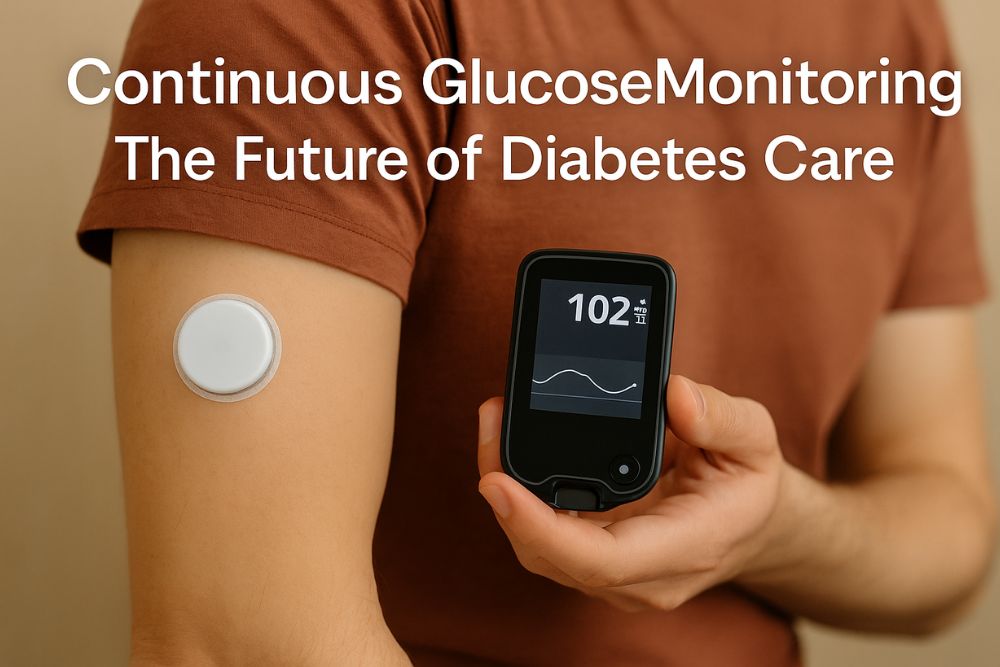Commonly Overlooked Signs of Heart Failure
Liam Reed
2025-12-04
6 min read

Heart failure is a serious condition where the heart cannot pump blood as effectively as it should. It does not mean the heart has stopped working, but rather that it is struggling to meet the body's needs. Recognizing the signs early can make all the difference in preventing further complications and improving quality of life.
Common Signs of Heart Failure
Some symptoms of heart failure are well known and often easier to spot. These include:
- Shortness of breath: Especially during activities or while lying flat.
- Fatigue: Feeling tired even after plenty of rest.
- Swelling: Most often in the legs, ankles, or feet due to fluid buildup.
- Rapid or irregular heartbeat: As the heart tries to compensate for reduced pumping ability.
These symptoms often prompt people to seek medical attention. However, many other subtle signs can go unnoticed until the condition becomes more serious.
Overlooked Signs of Heart Failure
Several symptoms of heart failure are so easy to miss that they are often brushed off as signs of aging, stress, or other less serious health issues. Here are some of the most commonly overlooked warning signs:
- Persistent Cough or Wheezing: A cough that produces white or pink blood-tinged mucus can be a signal of fluid buildup in the lungs.
- Sudden Weight Gain: Gaining more than 2–3 pounds in a day or 5 pounds in a week could suggest fluid retention, a major red flag for heart failure.
- Difficulty Concentrating or Confusion: Reduced blood flow to the brain can lead to memory problems, confusion, or impaired thinking.
- Loss of Appetite or Nausea: Fluid buildup around the liver and digestive system can cause feelings of fullness or an upset stomach.
- Increased Need to Urinate at Night: Heart failure can cause fluid to redistribute once lying down, leading to frequent nighttime urination.
- Swelling in the Abdomen: Sometimes swelling is not just in the feet or legs but also in the stomach area, causing discomfort or bloating.
- Cold Hands and Feet: Poor circulation caused by a weakened heart can leave extremities feeling colder than normal.
These signs often develop slowly and are easy to attribute to unrelated causes. Yet ignoring them can delay diagnosis and necessary treatment.
Why Early Intervention Matters
Catching heart failure early is critical. Early diagnosis and treatment can slow the progression of the disease, prevent hospitalizations, and improve the ability to live a full, active life. Medications, lifestyle changes, and sometimes surgical options can help manage symptoms and enhance heart function.
Being aware of both the obvious and the hidden signs of heart failure empowers individuals to seek help sooner. Trusting instincts and speaking to a healthcare professional when unusual symptoms appear can save valuable time—and lives.
Final Thoughts
Heart failure does not always announce itself loudly. Sometimes, it whispers. Learning to listen to the body and recognize these subtle cues can make a life-changing difference. Never hesitate to reach out for medical advice if something feels wrong. Early action is one of the best defenses against heart failure’s serious consequences.
Sources:
- Mayo Clinic, "Heart Failure – Symptoms and Causes"
- Cleveland Clinic, "Heart Failure: Signs, Symptoms, and Stages"
- American Heart Association, "Warning Signs of Heart Failure"



